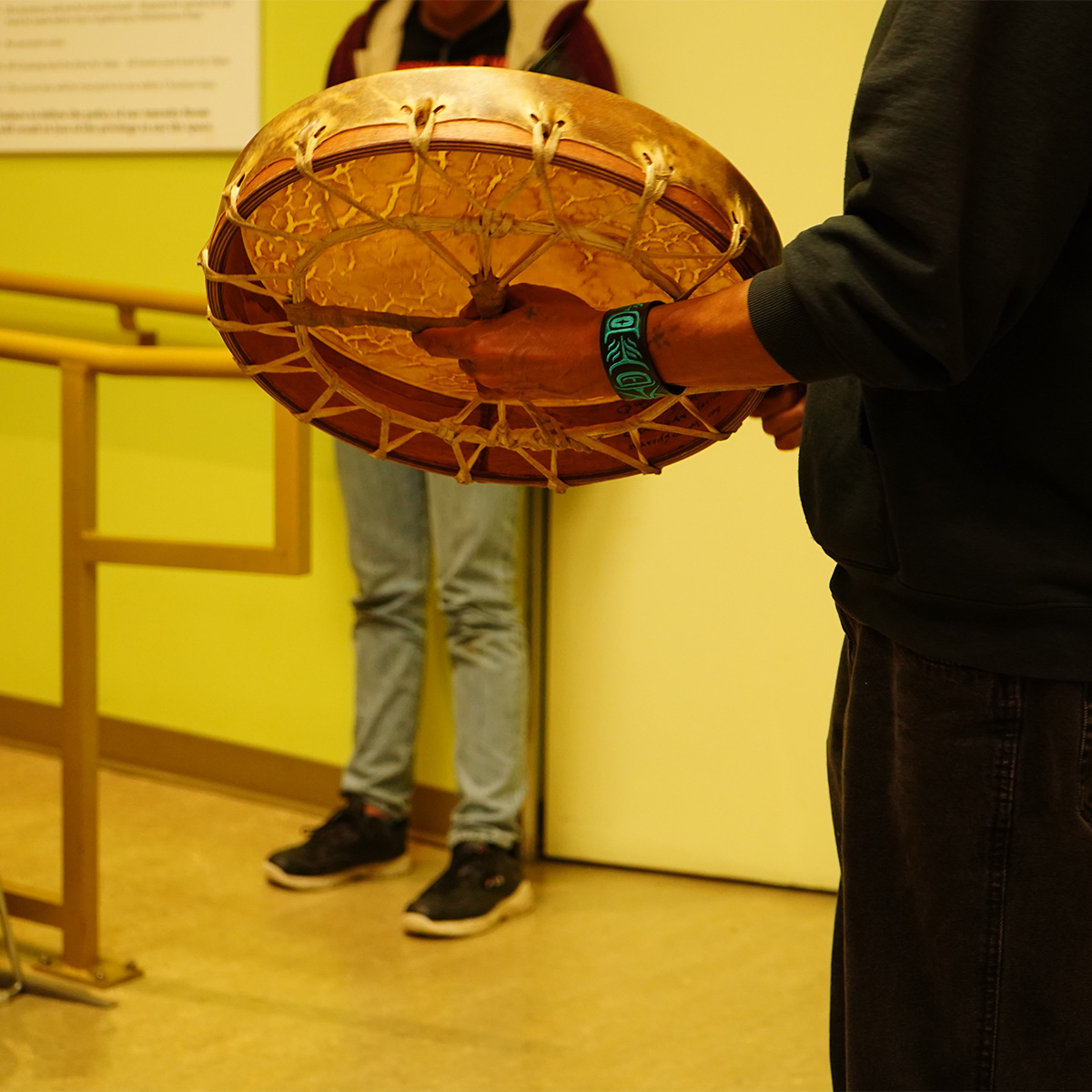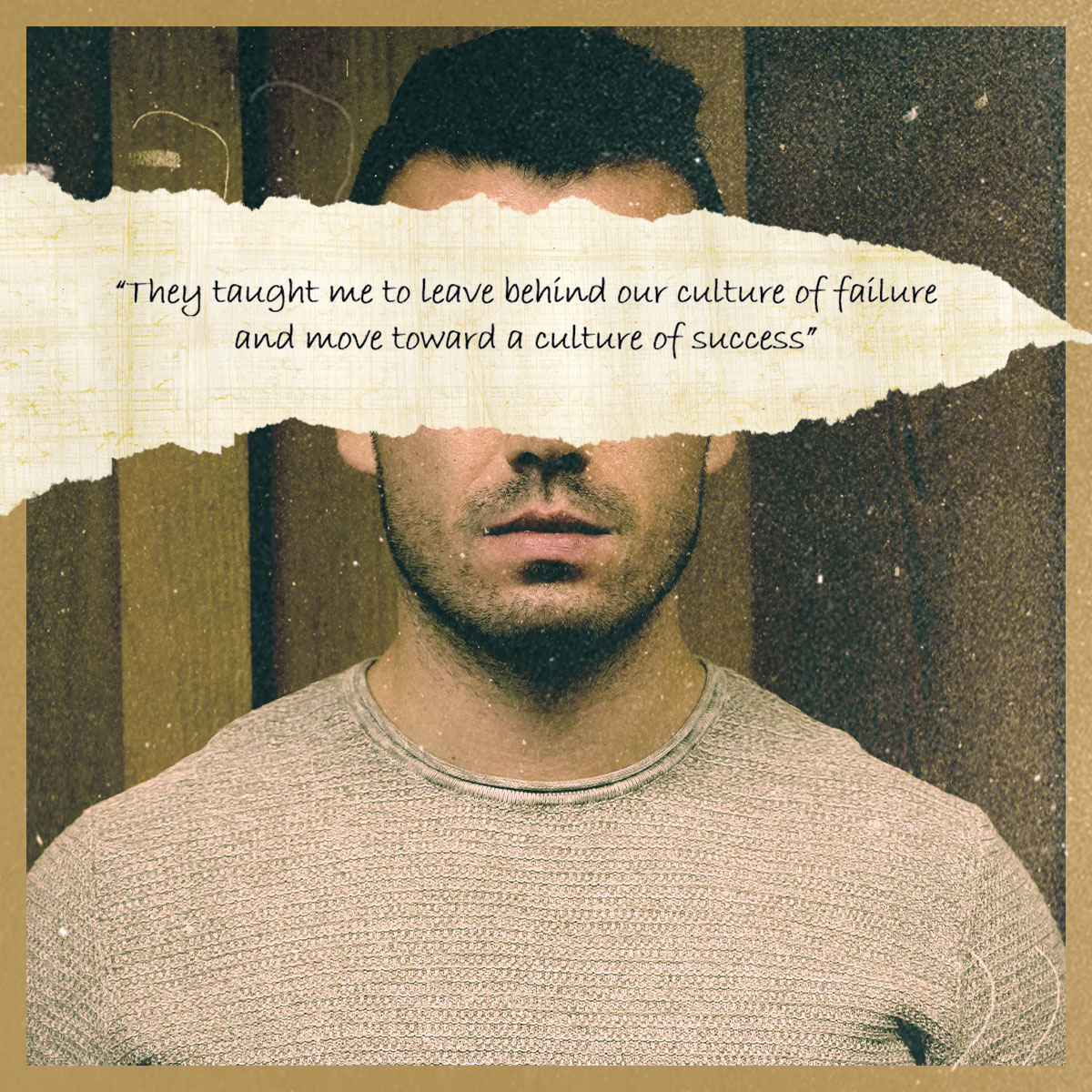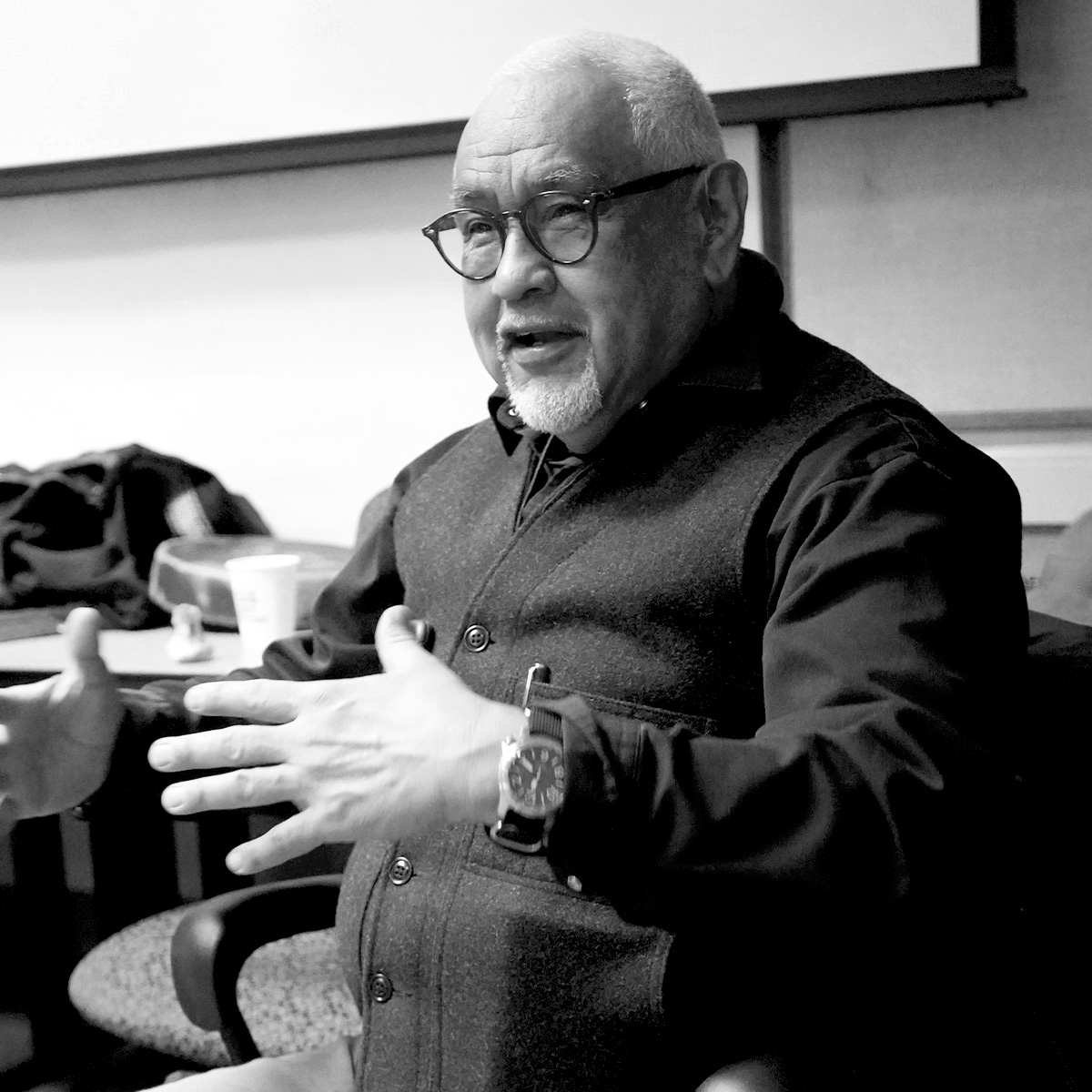INDIGENOUS CHILDREN IN CARE HAVE THE RIGHT TO KNOW WHO THEY ARE AND TO BE CONNECTED TO THEIR CULTURE.
The Gathering the C.I.R.C.L.E. (Children’s Indigenous Rights, Culture and Language Education) is one of three child and youth engagement programs in Guardianship. It was developed to introduce and engage Indigenous children in care with Indigenous cultural teachings and practices, at a young age. All children in our care have the right to know who they are and to be connected to their culture. We have children who have multiple cultural ancestries and require support to explore each ancestral history. Community is really important to Indigenous Peoples, and that is what this program provides – not just a connection to the child’s own culture, but a connection to Indigenous People in general.
This program is an all-inclusive, multi-Nation group, i.e. Metis, Inuit and First Nations – we honour and respect all of our different cultures. The C.I.R.C.L.E. creates a place for children to be around other Indigenous children who are experiencing the same challenges, to be able to connect and share in a multicultural approach, and be supportive of each other. They are able to learn in a fun way and are connected to Elders and cultural educators. The program also offers an after school component, where the children can engage in activities at home where the caregivers can get involved and support them, and also learn about the child’s heritage.
Activities include teaching about the medicine wheel, origin stories, weaving, making bannock, beading, hunting techniques, archery, food preservation, or protocols, and how each would have happened in their communities.
The C.I.R.C.L.E.’s cultural educators, with the help of local Knowledge Keepers and Elders, introduce a wide range of Indigenous teachings and practices, from Musqueam and other Coast Salish knowledge, to our relatives’ knowledge from across Canada. The program has a very natural structure – we let mother earth dictate what we teach based on the natural clock / calendar, whether it’s the earth cooling down or heating up. Activities include teaching about the developmental cycle, artwork, origin stories, weaving, sharing food – harvested or served as a traditional food, beading, hunting techniques, archery, food preservation, or protocols, such as opening/closing of events, and how each would have happened in the children’s communities during the different seasons. The children also learn about the importance of storytelling – both the act of, and learning from, storytelling and the messages embedded within.
At C.I.R.C.L.E., we practice the changes that take place every season and celebrate where we are and what we have accomplished. The program holds a community event four times a year called the Little Big House Feast, where the children, families and caregivers unite to share and be in the space together. This year’s spring’s Little Big House Feast was dedicated to the Métis. Every time we hold a feast, we look at different regions of where our children come from and integrate all of the teachings. Although that’s sometimes a challenge, it’s been one of our greatest strengths. The cousin aspect of being Indigenous is really important because even if you are not biological cousins, you understand what that means, and the C.I.R.C.L.E. fosters those connections and relationships. Therefore, learning about the other cousins’ Nations is very important. Indigenous Peoples also share some fundamental beliefs – one of those is what’s happening out in nature, and the world around us, and C.I.R.C.L.E. explores and celebrates that.
The Cultural Journeys are something that are going to grow with the child. As they grow, the Cultural Journeys will allow us to delve even deeper with the children on a more personal level.
This past year was very exciting for C.I.R.C.L.E. Our cultural educators worked tirelessly to complete Cultural Journeys that go back 50,000 years. These Cultural Journeys go across histories, across this continent, whether you are talking about the Diné, or you are talking about the Anishinaabe People. They diligently researched each child’s Nations, languages, mentors, and more. The Cultural Journeys are something that are going to grow with the child. As they grow, the Cultural Journeys will allow us to delve even deeper with the children on a more personal level. For all Indigenous Peoples, learning about one’s background can also be a very difficult experience. These Cultural Journeys have powerful knowledge and with them comes a lot of responsibility and need a lot of support. The family, caregivers, and VACFSS spend some time wrapped around the child learning about their family so that the information and history are used in the right way.













